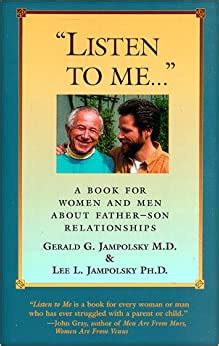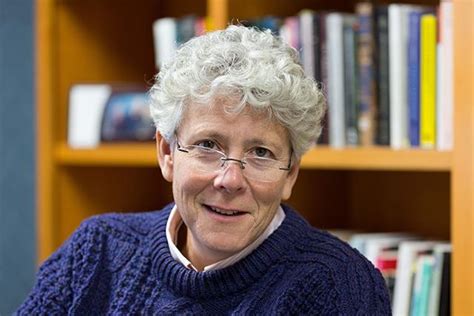A Quote by Jack Kornfield
In opening we can see how many times we have mistaken small identities and fearful beliefs for our true nature and how limiting this is. We can touch with great compassion the pain from the contracted identities that we and others have created in the world.
Related Quotes
A false identity is any lie that contradicts our God-given identities through Scripture. These false identities can be created by ourselves because of sin in our lives, choices made, or wrong turns taken and the regret, guilt, and shame that follows. Other false identities are handed to us by outside sources, maybe a damaging word spoken to us by someone or a childhood of abuse. However, not all false identities are negative on the surface, such as successful, attractive, wealthy, athletic, or talented. But even those identities can become false when we place too much of our weight on them.
Any fitness expert will tell you that a strong core is the start to a strong and healthy body. The same is true with our identities. It's about strengthening our core, which requires digging past all of the surface identities that crowd our nametags and remembering that at the deepest level we are God's masterpiece. The stronger our knowledge of the core of who we are, the better we'll be able to deflect the old names and false identities that try to own us.
Each human being is a citizen of the world. We have many identities, of which one of the identities is our human identity. And that's something that the schools can provide, but that requires again a vision rather than being centers of hatred. It could be an enormous opportunity to give that mission.
In a swamp, as in meditation, you begin to glimpse how elusive, how inherently insubstantial, how fleeting our thoughts are, our identities. There is magic in this moist world, in how the mind lets go, slips into sleepy water, circles and nuzzles the banks of palmetto and wild iris, how it seeps across dreams, smears them into the upright world, rots the wood of treasure chests, welcomes the body home.
When we really start to take a look at who we think we are... we start to see that while we may have various thoughts, beliefs, and identities, they do not individually or collectively tell us who we are. [And yet] it is astounding how completely we humans define ourselves by the content of our minds, feelings, and history.
Having faith in the plan of salvation includes steadfastly refusing to be diverted from our true identities and responsibilities. In the brief season of our existence on earth we may serve as a plumber, professor, farmer, physician, mechanic, bookkeeper, or teacher. These are useful activities and honorable designations; but a temporary vocation is not reflective of our true identities. Matthew was a tax collector, Luke a physician, and Peter a fisherman. In a salvational sense, 'so what!'
We don't seek the painful experiences that hew our identities, but we seek our identities in the wake of painful experiences. We cannot bear a pointless torment, but we can endure great pain if we believe that it's purposeful. Ease makes less of an impression on us than struggle. We could have been ourselves without our delights, but not without the misfortunes that drive our search for meaning. 'Therefore, I take pleasure in infirmities,' St. Paul wrote in Second Corinthians, 'for when I am weak, then I am strong.'





































